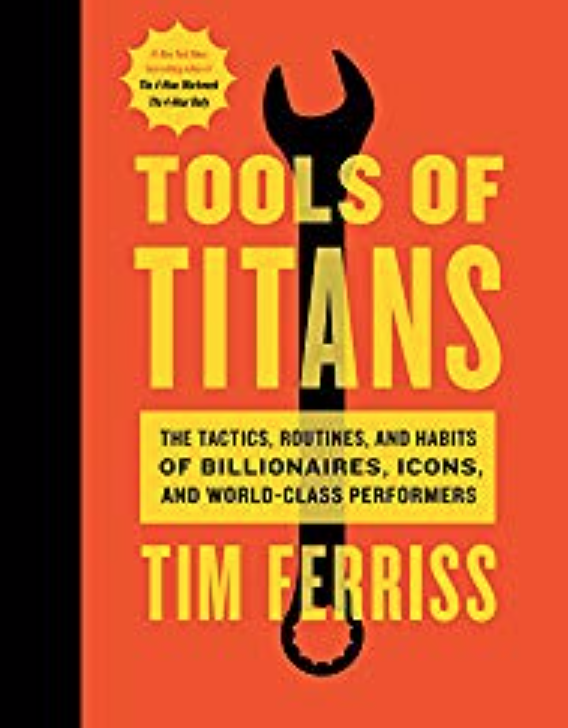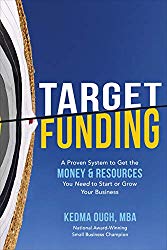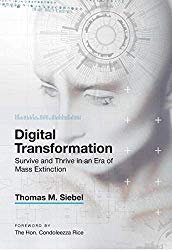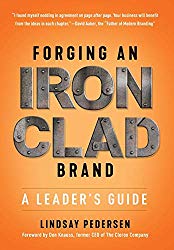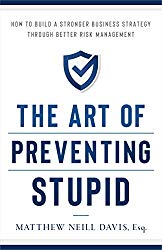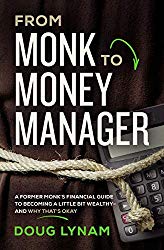If you want to hone your stock trading skills, you may want to read the advice of some of the experts. Here is a list of some of the top books relating to trading stocks and options. Obviously, this is not an exhaustive list, as Amazon lists over 10,000 books relating to stock trading. At least, these will give you a start.
Trade Like Warren Buffett
by James Altucher
Most people don’t realize that not only is Warren Buffett an investor, but he is also a trader, and a successful one at that.
High-Probability Trade Setups: A Chartists Guide to Real-Time Trading
by Timothy Knight
How to use technical approaches to find the best stock trade setups.
Think & Trade Like a Champion: The Secrets, Rules & Blunt Truths of a Stock Market Wizard
by Mark Minervini
The book covers personal trading rules and the secret techniques that made the author one of America’s most successful stock traders.
Stock Trader’s Almanac 2020 (Almanac Investor Series)
by Jeffrey A. Hirsch
Every stock trader should have this resource. It will be available on November 19.
Trading in the Zone: Master the Market with Confidence, Discipline, and a Winning Attitude
by Mark Douglas
Learn the reasons for lack of consistency and how to overcome the ingrained mental habits that cost money.
Wall Street News Network Day Trading Journal: Notebook Diary Log for your Stock, ETF, and Option Trades
by Wall Street News Network
A journal with over 100 pages of specially designed fill-in-the-blank pages to track all your stock, ETF, and option trades, whether they are long or short trades. Fields include: Date, Symbol, Company, Transaction Recommended By, Why decision was made to do this transaction, Buy or Short, # of Shares, Price/share, Commission, Subtotal of opening transactions, Total opening transaction, and much more.
Wall Street News Network Stock Trading Journal: Notebook Diary Log for tracking your stocks, options, and ETFs tradesby Wall Street News Network
A logbook for tracking your stock trades and investments, priced at less than $7.
Option Volatility and Pricing: Advanced Trading Strategies and Techniques, 2nd Edition
by Sheldon Natenberg
An extensive guide to trading stock options.
Swing Trading with Options: How to Trade Big Trends for Big Profits
by Ivaylo Ivanov
Using stock momentum to generate profits on options over a three to six month time period.
Penny Stock Trading Journal: Notebook Diary Tracker of Your Penny Stock Transactions
by Borsa Valori
A five star rated book designed for you to keep track of your penny stock trades and transactions.


